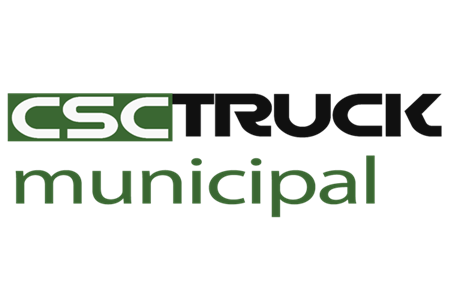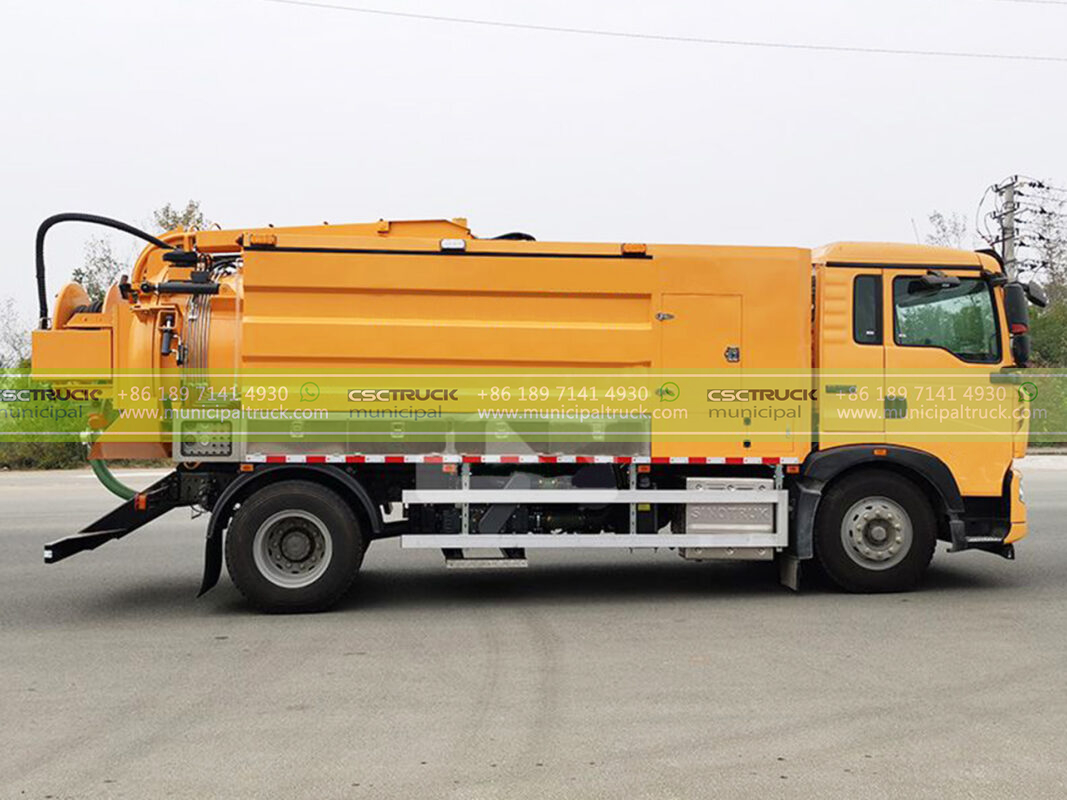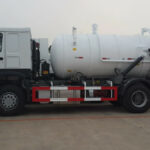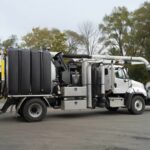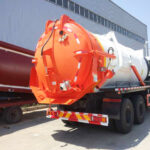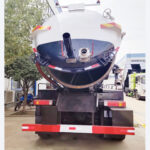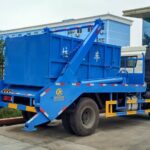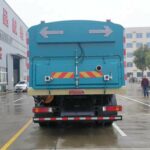In a transformative push to modernize urban utilities, Kampala Capital City Authority (KCCA) has deployed a fleet of state-of-the-art combo sewer jetter trucks, marking a quantum leap in the city’s capacity to maintain its critical wastewater infrastructure. This strategic initiative, executed through a partnership between CSCTRUCK Municipal Branch and Uganda’s leading construction firm Mukwano Group Holdings, addresses decades of pipe deterioration and blockages threatening public health and environmental safety across the rapidly expanding metropolis.
Part 1: Confronting Kampala’s Sewer System Crisis
Kampala’s rapid urbanization has strained its colonial-era sewer network, exposing systemic vulnerabilities demanding urgent technological intervention.
- Infrastructure Under Siege: Frequent pipe collapses, grease accumulations, and invasive root intrusions plague the 200+ km network, causing chronic overflows contaminating waterways like Nakivubo Channel and elevating disease risks. Manual rodding and standalone jetting units proved inadequate against severe calcified blockages, forcing reliance on expensive emergency excavations that paralyzed traffic and commerce.
- Regulatory Catalyst: New KCCA mandates under the Urban Infrastructure Resilience Act (2024) now enforce stricter pipe inspection cycles and rapid response timelines, compelling investment in multifunctional equipment capable of preemptive maintenance and complex obstruction removal without disruptive digging.
Part 2: Engineering Breakthrough – The Combo Jetter Truck Advantage
The newly deployed combo jetter trucks integrate high-pressure cleaning and vacuum recovery into a single agile platform, enabling unprecedented operational efficiency.
- Dual-Function Powerhouse:
Each unit combines a 3,000-psi hydrodynamic cleaner with a 10,000 m³/hr vacuum system, allowing simultaneous pipe scouring and debris extraction. This eliminates the “clean now, suction later” delays of conventional methods, reducing per-job time by 60% while preventing dislodged contaminants from migrating downstream. - Intelligent Pipe Rehabilitation:
Onboard CCTV inspection crawlers with LiDAR mapping document pipe conditions pre/post-intervention, generating 3D defect reports for KCCA’s asset management database. For structural weaknesses, the trucks deploy robotic resin-injection patching arms sealing cracks internally—a trenchless rehabilitation breakthrough avoiding road demolition costs exceeding $500,000/km in dense urban zones. - Adaptive Deployment Capacity:
Compact chassis designs navigate Kampala’s narrow alleys and informal settlements, while telescopic booms extend 15 meters to access deep manholes. Crucially, the closed-loop water recycling system filters and reuses 85% of process water—a vital feature in drought-prone Uganda—minimizing freshwater drawdown and sludge transport volumes.
Part 3: Collaborative Execution – Partnership Model Driving Sustainable Outcomes
The project’s success stems from a vertically integrated partnership blending global engineering with local operational expertise.
- CSCTRUCK-Mukwano Consortium Leadership:
Under a $1.5 million performance-based contract, CSCTRUCK Municipal Branch supplied the custom-engineered trucks while Mukwano Group Holdings provides localized maintenance hubs and technician training at its Nakawa Industrial Park facility. The agreement includes real-time remote diagnostics by CSCTRUCK engineers and spare-part stockpiling to ensure 95% fleet uptime. - Phased Citywide Rollout Strategy:
Initial deployment prioritizes high-risk zones: the industrial hub of Namanve (prone to chemical sludge), and flood-vulnerable low-income areas like Bwaise. Phase 2 (Q4 2025) expands coverage to 70% of Kampala’s formal sewers, while integrating satellite units with KCCA’s disaster response command center for flood-drainage emergencies.
Part 4: Synergizing Municipal Assets for Holistic Urban Management
The combo jetters anchor Kampala’s broader strategy to modernize environmental services through interoperable specialized fleets.
While the combo jetter trucks rehabilitate pressurized pipes, KCCA coordinates complementary assets: Vacuum trucks handle non-pressurized septic systems in unsewered divisions, preventing groundwater contamination from overflow events during heavy rains. Simultaneously, next-generation garbage trucks with compactor seals minimize organic leachate seepage into storm drains—a major contributor to pipe-clogging sediment. This integrated mechanized approach replaces fragmentation with unified asset management, projecting a 40% reduction in sewer-related public health incidents by 2027.
Through this technology infusion, Kampala signals a decisive shift from reactive crisis management toward predictive, resilient infrastructure stewardship, leveraging global partnerships to secure sustainable urban futures amidst demographic and climatic pressures.
